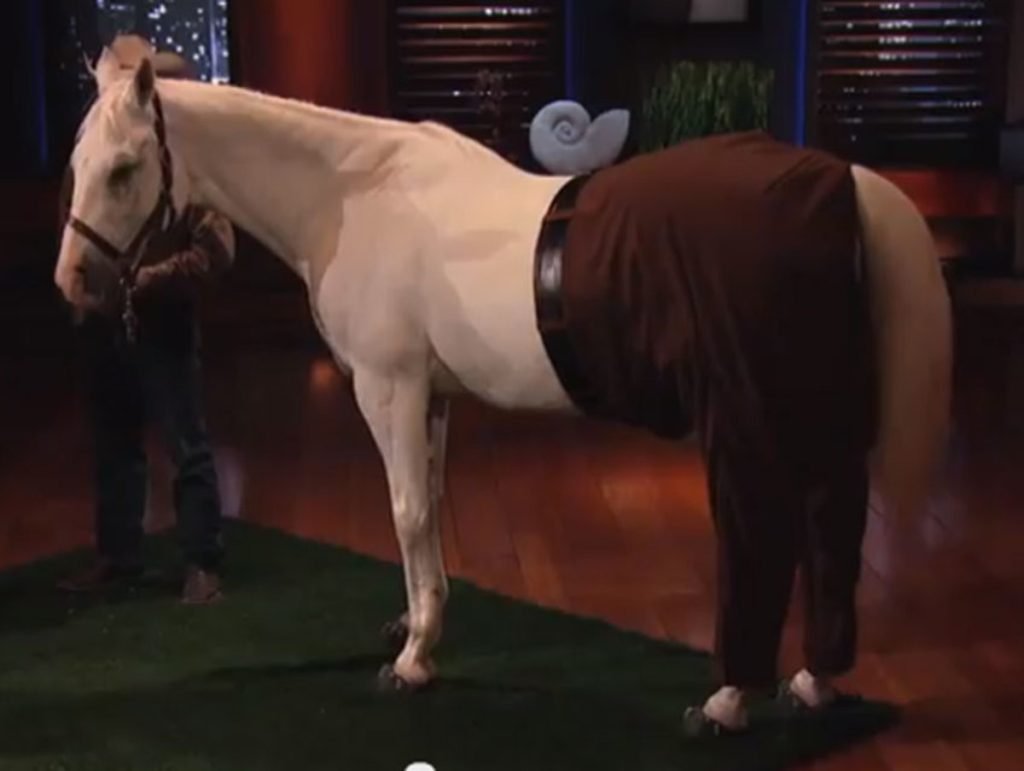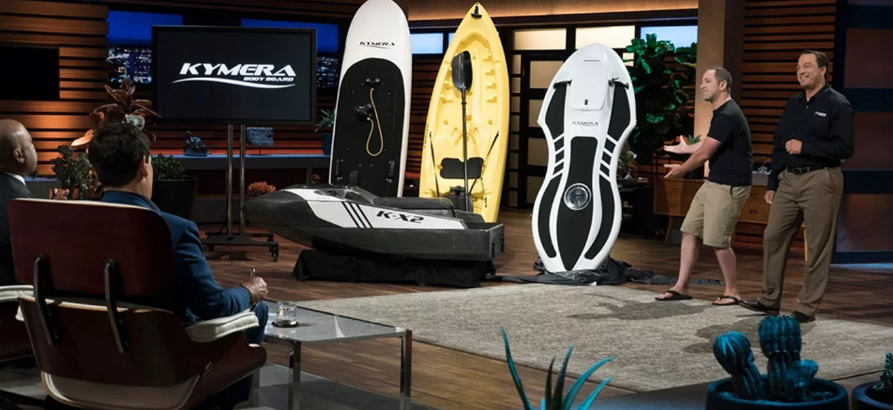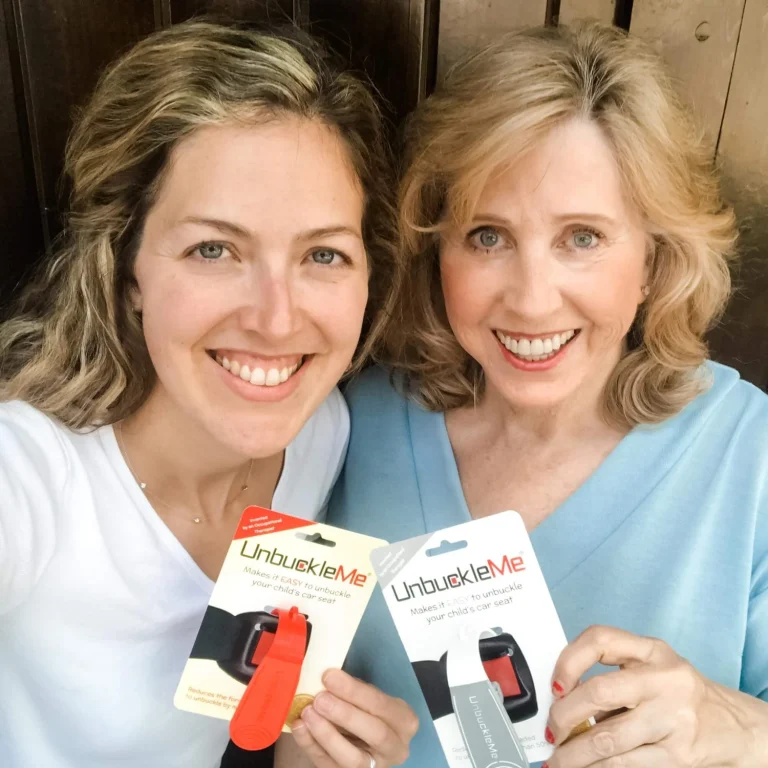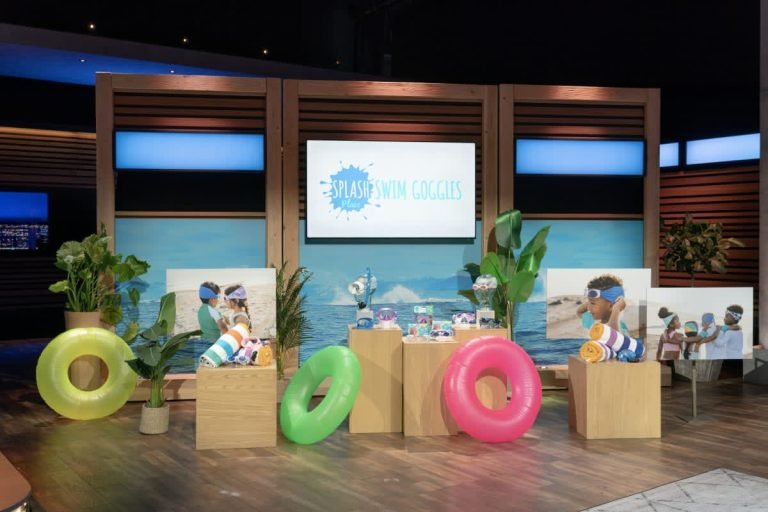Shark Tank Entrepreneurs & Products That Got a Second Chance
Shark Tank Entrepreneurs & Products That Got a Second Chance Shark Tank has provided a platform for many entrepreneurs to pitch their innovative ideas to a panel of seasoned investors. However, not every pitch results in an immediate deal. Some entrepreneurs face rejection but come back stronger, more refined, and ready to secure the investment…
Shark Tank Entrepreneurs & Products That Got a Second Chance
Shark Tank has provided a platform for many entrepreneurs to pitch their innovative ideas to a panel of seasoned investors. However, not every pitch results in an immediate deal.
Some entrepreneurs face rejection but come back stronger, more refined, and ready to secure the investment they need.
This article delves into the stories of Shark Tank entrepreneurs and products that got a second chance by pitching on the show twice, showcasing their resilience and determination.
Kymera Body Board
Kymera, a company that developed a lightweight electric bodyboard, is one of the few to receive a second chance on Shark Tank.
Founder Jason Woods first appeared on the show with his innovative product but left without a deal. Despite the initial setback, Woods continued to develop and improve the Kymera Body Board.
He returned to Shark Tank for a second attempt, this time impressing the sharks with his progress and securing an investment from Robert Herjavec.
Since then, Kymera has seen significant growth and success, with increased sales and market presence.
- Product: Kymera Body Board, a lightweight electric bodyboard. Founder: Jason Woods.
- Shark Tank Pitch (First Attempt): Jason Woods sought $250,000 for a 20% equity stake, valuing the company at $1.25 million. He left without a deal.
- Shark Tank Pitch (Second Attempt): Woods returned seeking the same amount of $250,000 but managed to secure a deal with Robert Herjavec.
- After Shark Tank: After securing the investment, Kymera saw significant growth. The funding helped refine the product and scale production.
- Current Status and Net Worth: Kymera is still in business and has gained a solid foothold in the market, with an estimated net worth of several million dollars. The company continues to innovate in the personal watercraft industry.
- Is it Still in Business? Yes, Kymera is still in business and growing.
James Martin with Copa Di Vino
James Martin, the CEO and founder of Copa Di Vino, is known for his determination and persistence.
He first appeared on Shark Tank seeking investment for his single-serve wine company but did not secure a deal. Undeterred, Martin returned to the show for a second pitch, seeking $600,000 for 20% of his company.
Although he didn’t receive an investment the second time either, his appearances on the show provided valuable exposure and publicity.
Copa Di Vino continued to grow and achieve success, becoming a popular choice for wine lovers looking for convenience without compromising on quality.
Copa Di Vino Summary
- Product: Copa Di Vino, a single-serve wine product. Founder: James Martin.
- Shark Tank Pitch (First Attempt): Martin sought $600,000 for 20% equity, valuing the company at $3 million. He did not secure a deal.
- Shark Tank Pitch (Second Attempt): Martin returned with the same ask of $600,000 for 20% equity. Again, he left without a deal but with valuable exposure.
- After Shark Tank: Despite not securing a deal, Copa Di Vino benefited greatly from the exposure. Sales soared, and the brand gained nationwide recognition.
- Current Status and Net Worth: Copa Di Vino continues to thrive, with annual revenues in the millions. James Martin’s persistence paid off, and the company’s net worth is substantial.
- Is it Still in Business? Yes, Copa Di Vino is still in business and remains a popular choice among wine consumers.
Phil Black with FitDeck
Phil Black, a former Navy SEAL, initially pitched his fitness product, FitDeck, on Shark Tank but didn’t secure a deal. FitDeck is a unique deck of cards featuring different exercises that can be done anywhere, making fitness accessible and fun.
Despite facing rejection, Black didn’t give up. He returned to Shark Tank with a new idea, PrepWell Academy, an online platform designed to help students prepare for college admissions and career planning.
His resilience and readiness to seize a second opportunity showcased his entrepreneurial spirit, and he gained valuable insights and exposure from his second appearance.
- Product: FitDeck, a unique deck of cards featuring different exercises. Founder: Phil Black.
- Shark Tank Pitch (First Attempt): Black sought $300,000 for 20% equity, valuing the company at $1.5 million. He did not secure a deal.
- Shark Tank Pitch (Second Attempt): Black returned with a new idea, PrepWell Academy, but the details of the pitch are less publicized.
- After Shark Tank: Post-show, FitDeck was sold to Implus, a leading provider of athletic, fitness, and outdoor accessories. Black’s second venture, PrepWell Academy, also gained traction.
- Current Status and Net Worth: FitDeck’s integration into Implus helped expand its reach. Phil Black’s entrepreneurial ventures continue to succeed, contributing to a notable personal net worth.
- Is it Still in Business? Yes, FitDeck products are still available through Implus.
LucidArt
LucidArt, known for its Lucid-Art Camera Lucida, is another notable company that received a second chance on Shark Tank. The Camera Lucida is an optical device that helps artists draw more accurately by reflecting an image onto their drawing surface.
Initially, the product did not secure an investment, but the feedback and exposure were invaluable. LucidArt refined their product and business model, addressing the concerns raised by the sharks.
Returning to Shark Tank, they presented a stronger pitch that highlighted their improvements and potential, ultimately leading to increased interest and success in the market.
- Product: Lucid-Art Camera Lucida, an optical drawing aid. Founder: Pablo Garcia.
- Shark Tank Pitch (First Attempt): Garcia sought $90,000 for 10% equity, valuing the company at $900,000. He did not secure a deal.
- Shark Tank Pitch (Second Attempt): Garcia returned with a stronger business model and pitch, although specific details of the second pitch are not widely documented.
- After Shark Tank: The second appearance provided the necessary exposure and feedback to refine the product and business strategy.
- Current Status and Net Worth: LucidArt continues to serve artists and has expanded its product line, maintaining a steady presence in the market.
- Is it Still in Business? Yes, LucidArt is still in business and continues to innovate.
Jimmy Kimmel-Horse Pants & Kimmel Laboratories
Jimmy Kimmel, the renowned comedian and host of “Jimmy Kimmel Live!”, has made two notable comedic appearances on Shark Tank, showcasing deliberately absurd products for entertainment purposes.
In 2014, he pitched “Horse Pants,” pants designed for horses to boost their self-esteem, requesting $500,000 for 10% equity via video. Although the Sharks quickly realized it was a joke, Kevin O’Leary humorously engaged with a mock offer, and Mark Cuban quipped about the pants’ design flaws.
In 2023, under the guise of “Kimmel Laboratories,” Kimmel appeared in person wearing a lab coat and safety goggles, presenting outrageous inventions like “Hush Puppy” (noise-cancelling headphones for dogs) and “Sheer Gear” (transparent clothing).
The Sharks played along more extensively this time, with Lori Greiner and Mark Cuban entertainingly engaging with Kimmel’s fictional products. Both pitches were purely comedic, resulting in no actual deals.

Jimmy Kimmel with Horse Pants and Kimmel Laboratories
- Product: Horse Pants, a humorous product designed for dressing horses, and Kimmel Laboratories, focusing on fictional and outlandish inventions.
Founder: Jimmy Kimmel. - Shark Tank Pitch (First Attempt): As a comedy segment, Jimmy Kimmel sought an investment of $500,000 for a 10% equity stake in Horse Pants, valuing the fictional company at $5 million. It was done in jest and not seriously considered by the sharks.
- Shark Tank Pitch (Second Attempt): Kimmel returned with Kimmel Laboratories, showcasing more outlandish and humorous inventions. This pitch was also comedic and not meant to secure a real investment.
- After Shark Tank: The segments were well-received and added a humorous twist to the show, showcasing Kimmel’s creativity and comedic talents.
- Current Status and Net Worth: The comedic pitches helped boost Kimmel’s visibility and popularity. While the products were fictional, the exposure benefited his show and brand.
- Is it Still in Business? The products were never intended to be real businesses, so they are not in business. However, Jimmy Kimmel remains a popular comedian and TV host.
Conclusion
The stories of Kymera, Copa Di Vino, FitDeck, and LucidArt highlight the importance of resilience, determination, and adaptability in entrepreneurship.
Facing rejection can be disheartening, but these entrepreneurs demonstrated that a second chance can lead to significant growth and success.
Their journeys on Shark Tank showcase the value of persistence and the willingness to learn and improve.
For aspiring entrepreneurs, these stories serve as inspiration to keep pushing forward, refining their ideas, and seizing opportunities, even after initial setbacks.







